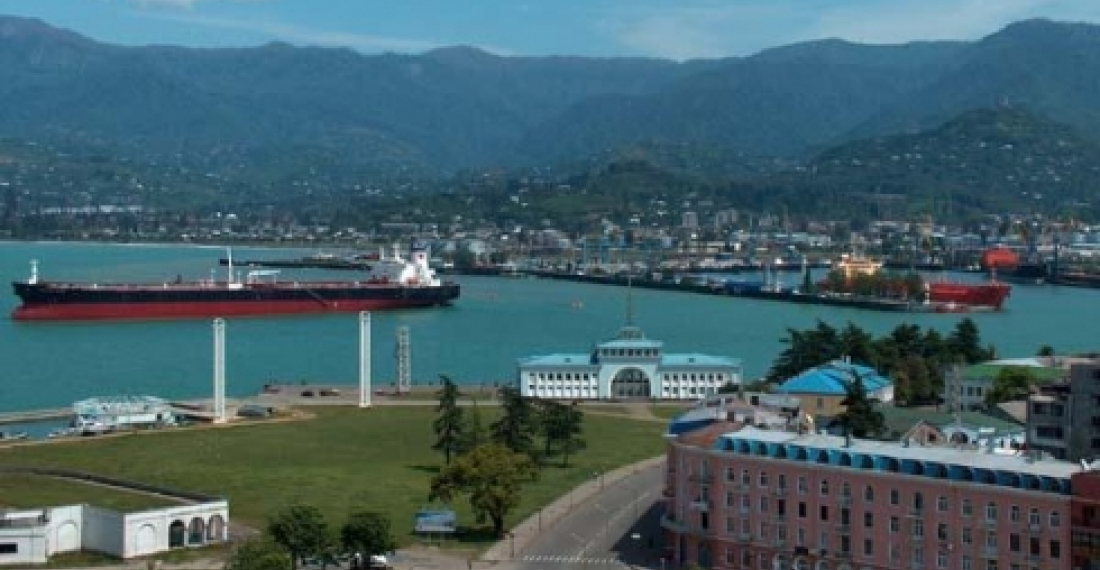The policy of the Georgian government to turn Adjara into a prime tourist destination in the Caucasus seems to be bearing fruit. 130,483 tourists visited the region in July, an increase of 78% over the number of visitors last year. Visitors came from Turkey, Iran, Azerbaijan, Armenia and beyond. Apart from overseas tourists thousands of Georgians are flocking to Adjara this summer, escaping the Tbilisi heatwave and enjoying the new facilities.
After ousting the former Russian backed strongman, Aslan Abashidze, in 2004, the Georgian government put considerable investment in the region, and new facilities, including a number of five star hotels have been opened in the last two years. There has also been considerable foreign investment, particularly from Turkey.
In Soviet times Adjara was less popular as a tourist destination than the Abkhaz resorts of Gagra, Pitsunda and Sukhumi. These places are still visited by Russian tourists but for most others Batumi is nowadays an easier, more attractive option. There are daily flights connecting Batumi Airport to Istanbul and beyond, and visitors from Azerbaijan , Armenia and Turkey can also drive to Batumi. Adjara is now not only popular as a family holiday destination but is increasingly popular with young people who enjoy the region's night life.
Adjara remains an Autonomous Republic inside Georgia, but the autonomy status has been very weakened since the expulsion of Abashidze. A large part of the population of Adjara is made up of Georgian Muslims, although religion plays little part in daily life except in the mountain villages outside Batumi. Adjara was part of the Othoman Empire until the 1st World War when it was occupied by the British, and eventually integrated in Georgia. Its autonomy status was granted by the Soviet government in response to Turkish concerns regarding the religious sensibilities of the population.
These days the Georgian government looks at Batumi as its summer capital, and President Saakashvili often receives foreign dignitaries visiting Georgia in Batumi. The most recent visitor was the Polish President Stansilaw Bomorowski who was there last week.
source: commonspace.eu newsroom






